Find out more about all of the skills that come together to help children develop speech, language and communication- The Building Blocks of Language!
Most children develop speech, language and communication in a predictable sequence. New skills build on skills they have already learned. Usually, we expect language and communication to develop over time and by a certain age. Yet, most children will progress at their own pace. Have a look at the Child Development Timeline for more information about what to expect and when.
There are lots of underlying skills that your child needs to be a good communicator. So if your child has only recently started saying words, they may take longer to learn speech sounds.
Some children with long term conditions may not develop all skills when you expect them to.
For more information visit The Building Blocks of Language to find out why each building block is important for communication.

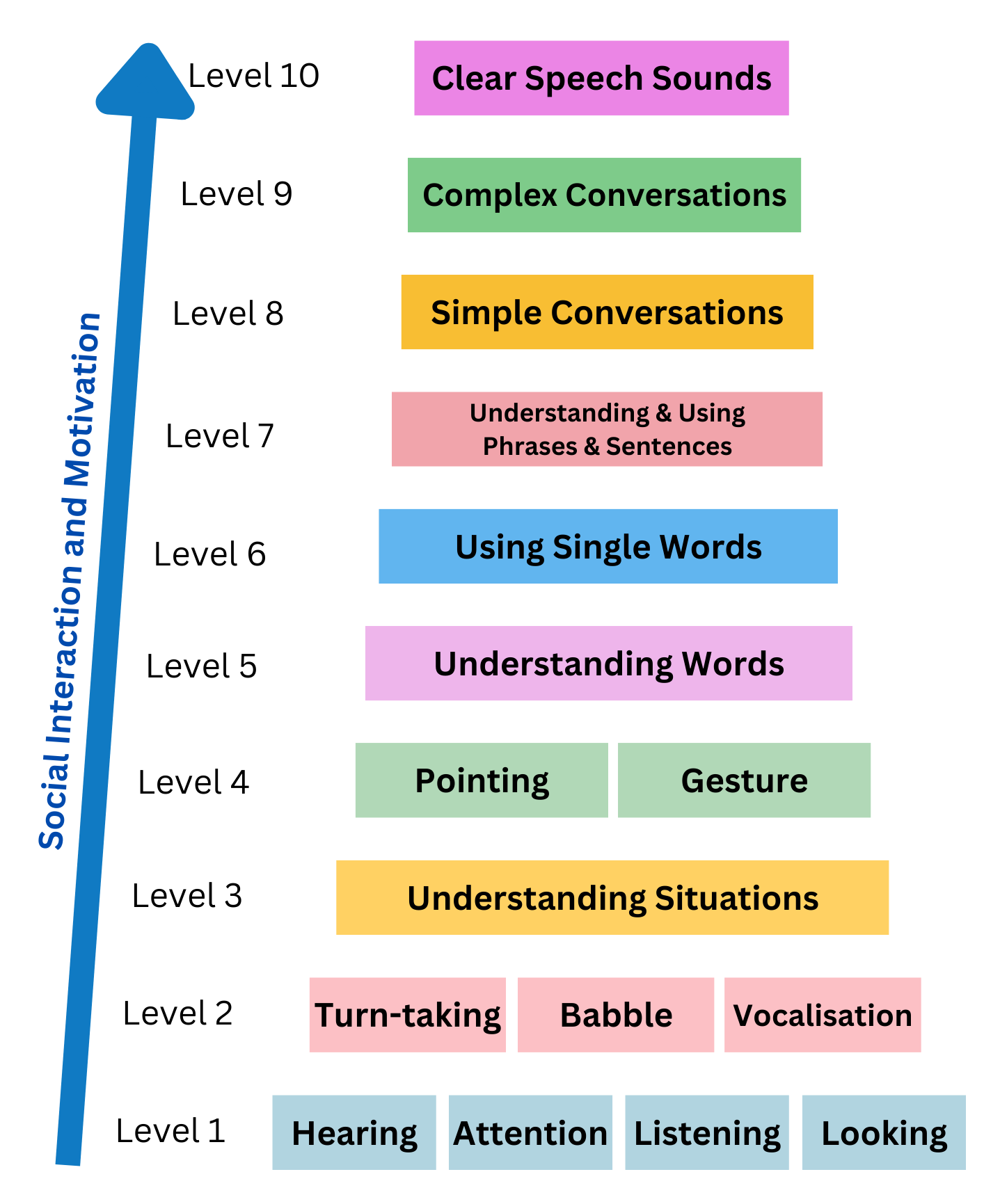
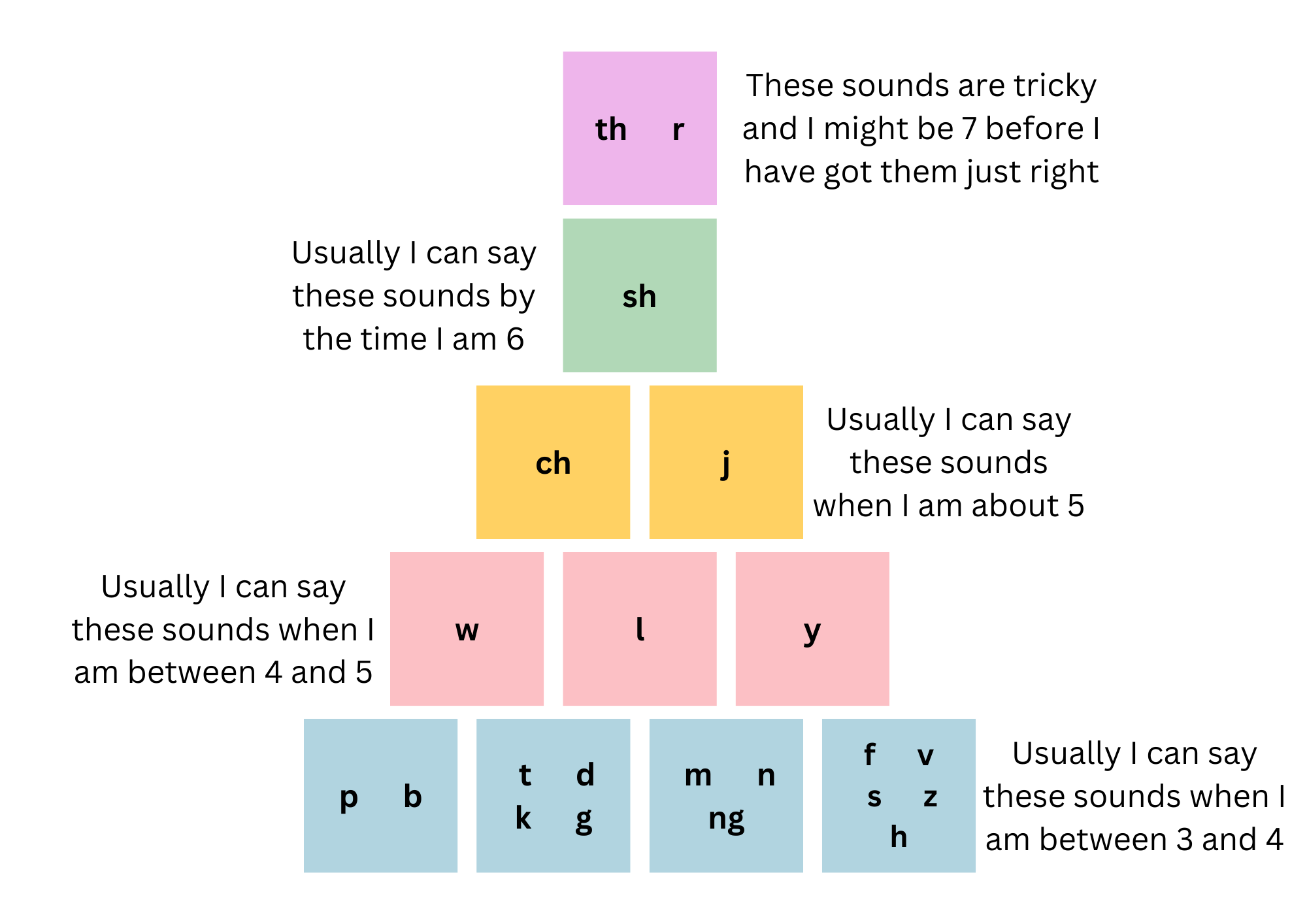
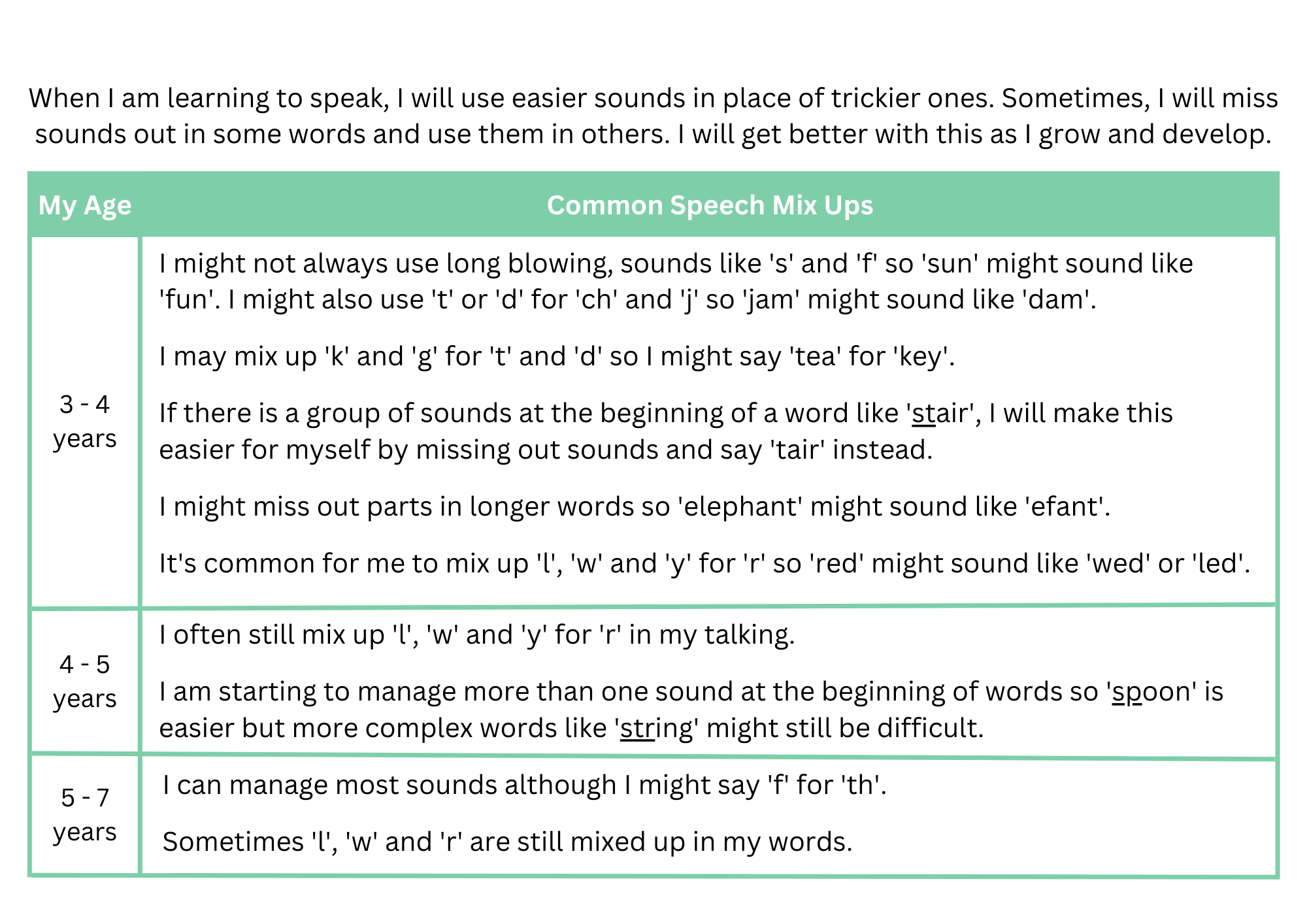
Tablets, mobile ‘phones, TVs, laptops and computer games consoles are everywhere. Most of us couldn’t do without them!
We know giving your child screen time sometimes feels like the only way parents can get things done. Giving them a tablet or phone is a sure-fire way of keeping them happy and busy whilst you get on with other things!
But did you know that too much Screen Time could have an impact on your child’s language development?
Click on the leaflet for more information.



 Many parents use a dummy to help soothe their child. This is understandable. Most babies have a strong sucking reflex and often a dummy can help settle a child. Dummies can be a great support to parents and babies in the early months of development.
Many parents use a dummy to help soothe their child. This is understandable. Most babies have a strong sucking reflex and often a dummy can help settle a child. Dummies can be a great support to parents and babies in the early months of development.
But, did you know that using a dummy for too long can cause impact on the development of speech and language?
Click on the leaflet for more information.
If you have queries or concerns regarding a child or young person's speech, language or communication then contact the advice and support helpline in your area:
If you need the assistance of an interpreter to make a telephone call to an NHSGGC service please visit Interpreting Services for more information.
If you have queries or concerns regarding a child or young person's speech, language or communication, contact the East Renfrewshire Speech and Language Therapy Advice Line and a therapist will call you back.
Advice Line Opening Hours
Wednesday 10am-12noon
Telephone Number: 0141 800 7121
If you have any questions or concerns about a child/young person’s speech, language or communication and are thinking about referring to Speech and Language Therapy, contact the consultant and advice line.
Advice Line Opening Hours
Wednesday 1pm-4pm
Telephone Number: 0141 211 6056
Friday 9:30am-11:30am
Telephone Number: 0141 531 6843
If you have queries or concerns regarding a child or young person's speech, language or communication, contact the Inverclyde Speech and Language Therapy Advice Line.
Advice Line Opening Hours
Wednesday 12:30pm-4pm
Telephone Number: 01475 506150
Are you a parent or carer living in Renfrewshire? Do you have queries about your child's communication? Contact the Renfrewshire Speech and Language Therapy Help and Advice Line.
Helpline Opening Hours
Wednesday 10am - 12noon
Telephone Number: 0141 314 4624 or 0141 314 4604
Are you a parent or carer living in West Dunbartonshire? Do you wish to chat about your child's communication? Contact the West Dunbartonshire Speech and Language Therapy Advice and Support Helpline.
Helpline Opening Hours
Tuesday 11am-1pm
Telephone Number: 01389 828265
Thursday 11am-1pm
Telephone Number: 0141 562 8862
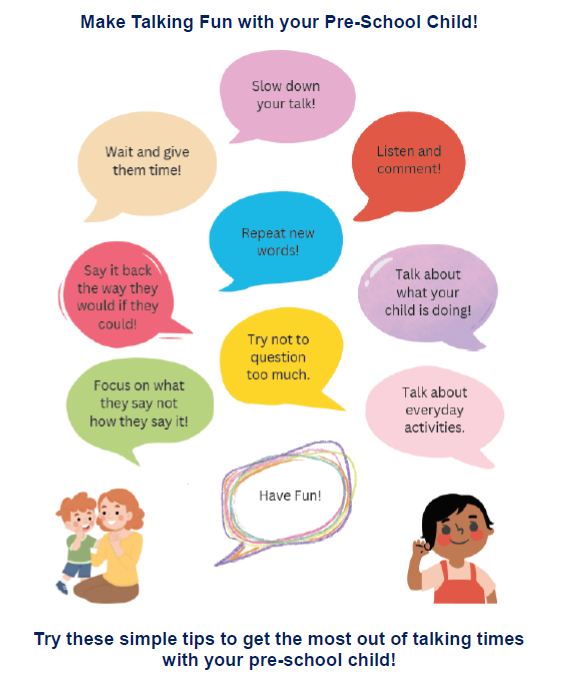
Playing is an important language learning activity. When you join your child's play, you can make this a good way to improve attention. This also helps them to learn words and develop interaction skills. To get the most out of play, it helps to follow your child’s interest rather than direct the activities yourself.
Click here to access the Follow Your Child's Interest leaflet.
Life is busy for everyone especially when you have toddlers or young children at home. Yet, waiting is a powerful way that we can help youngsters develop language skills. When children have few words, it’s tempting for adults to do all the talking. Some children are passive or not so confident. They may not get a chance to try out new skills and join in conversations like more confident children.
Copying will motivate and encourage your child to interact with you. Copying also shows your child that you notice what they are doing. Copying might also encourage them to imitate you back.
We all know how important it is to practice when learning a new skill. Think about learning to drive or trying a new sport. Learning to communicate is the most complex skill that any of us learn. Children who are learning to talk need lots of help from you and lots of opportunities to practice.
If a child is a less confident communicator, we often ask questions to get conversation going. This approach often has the opposite effect. It can stop interaction altogether if they feel under pressure to answer. They may not understand or don’t have the words to respond.
Click here to access the Describe Instead of Asking leaflet.
Top tips on helping your child with unclear speech.
When they are learning to talk, some children can stumble over words or pause and start again. This can sound like a stammer. It is normal for a child between the ages of two and five years to repeat words and phrases. They may hesitate while they are thinking of what they are trying to say. Many children will become more fluent as they get older. Others can continue to get stuck and find talking difficult.
Get advice and information on how to help as soon as you notice your child becoming non-fluent.
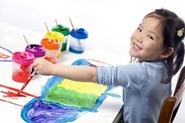 Lots of young children speak dysfluently at times. This can happen particularly when they are under some pressure to speak. There is no exact point at which normal dysfluency becomes stammering. There are features which help us to decide between normal non-fluency and stammering.
Lots of young children speak dysfluently at times. This can happen particularly when they are under some pressure to speak. There is no exact point at which normal dysfluency becomes stammering. There are features which help us to decide between normal non-fluency and stammering.
For example, normal non-fluencies are usually relaxed repetitions. This sounds like whole words repeated either at the beginning of a phrase. It can also happen when a child is thinking of how to finish a sentence.
There is a greater risk of stammering developing when the child often gets stuck on words. This might sound like prolonging or repeating part of the words. It might also sound like putting extra effort into finishing them.
It is also a concern when the child seems aware of and upset by their dysfluencies. It can be difficult to say for certain that a young child stutters. This is because there can be so much variation from day to day and in differing situations.

By now the child who stammers may have been stammering for some time. Some children may stammer with obvious physical tension. Some may have mild, infrequent non-fluencies such as repetitions and sound prolongations.
To speak fluently children need to know lots of words, know how to put words together (grammar). They need to think of the “right word” or correct sentence to say what they mean. They also need to listen and understand what others say. They also need to learn which sounds we use in our language and how they go together to form words.
They also need to coordinate the movements for breathing and speaking. These skills change according to how the child feels as well as by the demands placed on him. When the child feels: happy, confident, listened to, sure of the content etc.., then it is easier to speak well. Speaking may be more difficult when a child feels upset or tired. This can also happen if they feel unwell, over-excited or unimportant. Any of these reasons may cause a break in fluency
You are not the cause of your child’s stammering but you are the best people to help their talking get easier.

Stamma are a charity supporting people who stammer. They offer free, confidential and anonymous support in different ways. You can:
Look at the Support and Information section on the Stamma website.
If you live in the Greater Glasgow and Clyde area you can contact your local advice line, details above in the Advice and Support Line Contact Details section.
A bilingual child is one who hears or speaks two or more languages (multi-lingual).
Many young people learn more than one language in their pre-school years at home. Some children learn one language at home and then go on to learn another. This is usually English as an additional language when they start nursery or school.
Advice for parents of children who live with more than one language.
 www.ambitiousaboutautism.org.uk
www.ambitiousaboutautism.org.uk
www.bestbeginnings.org.uk/baby-buddy
 www.autism.org.uk/what-we-do/scotland
www.autism.org.uk/what-we-do/scotland
 www.literacytrust.org.uk/talk_to_your_baby
www.literacytrust.org.uk/talk_to_your_baby
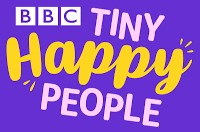 www.bbc.co.uk/tiny-happy-people
www.bbc.co.uk/tiny-happy-people